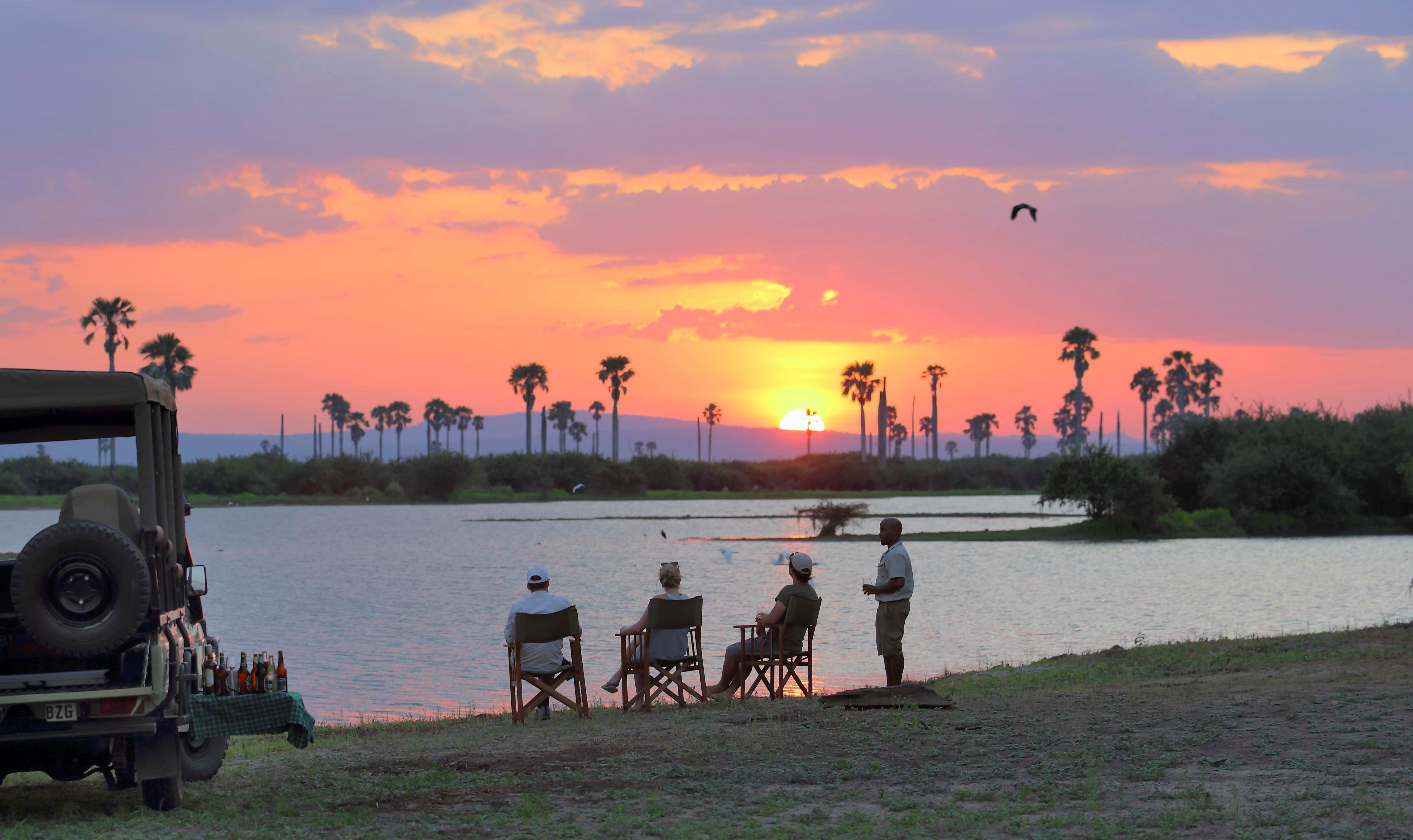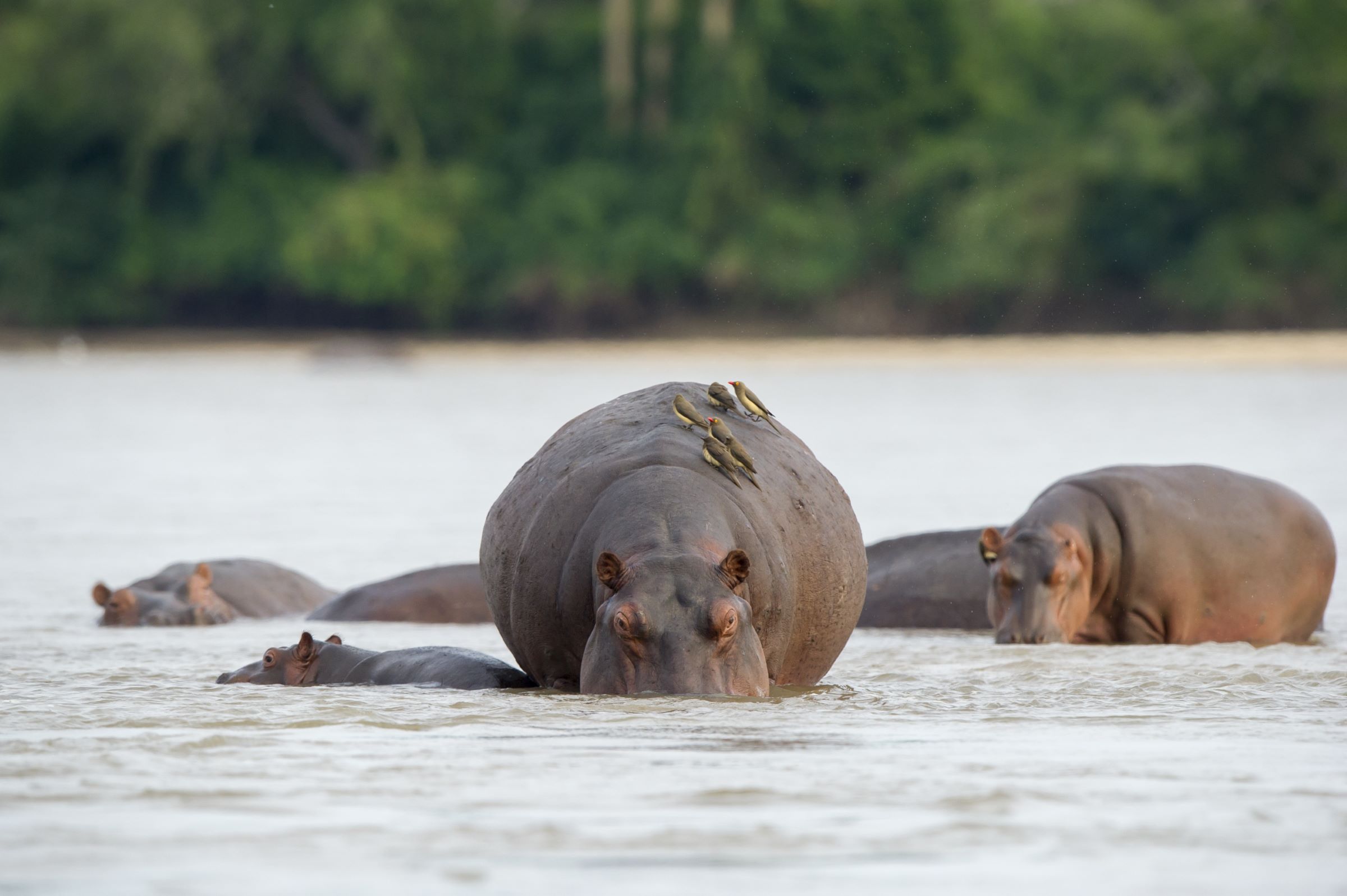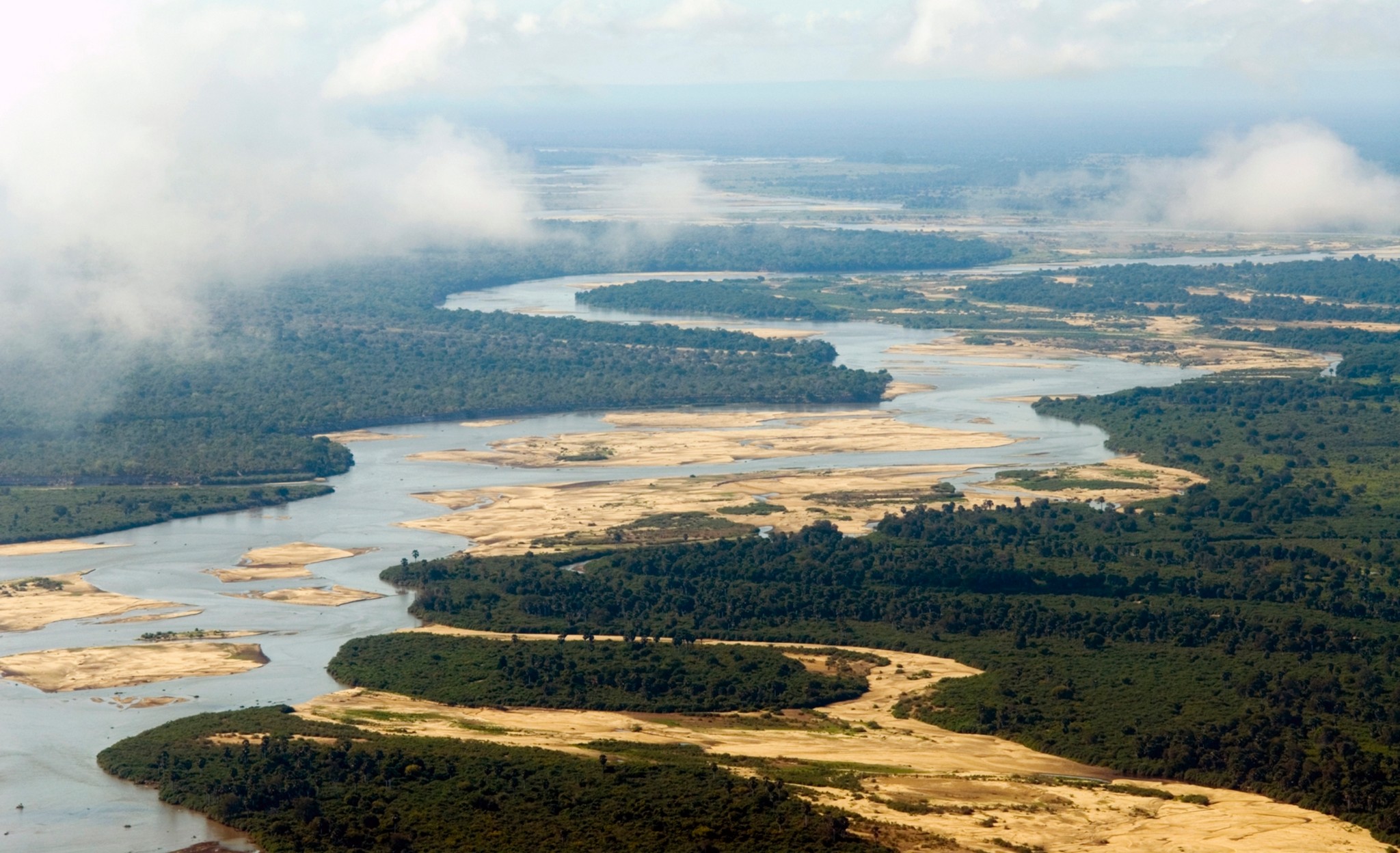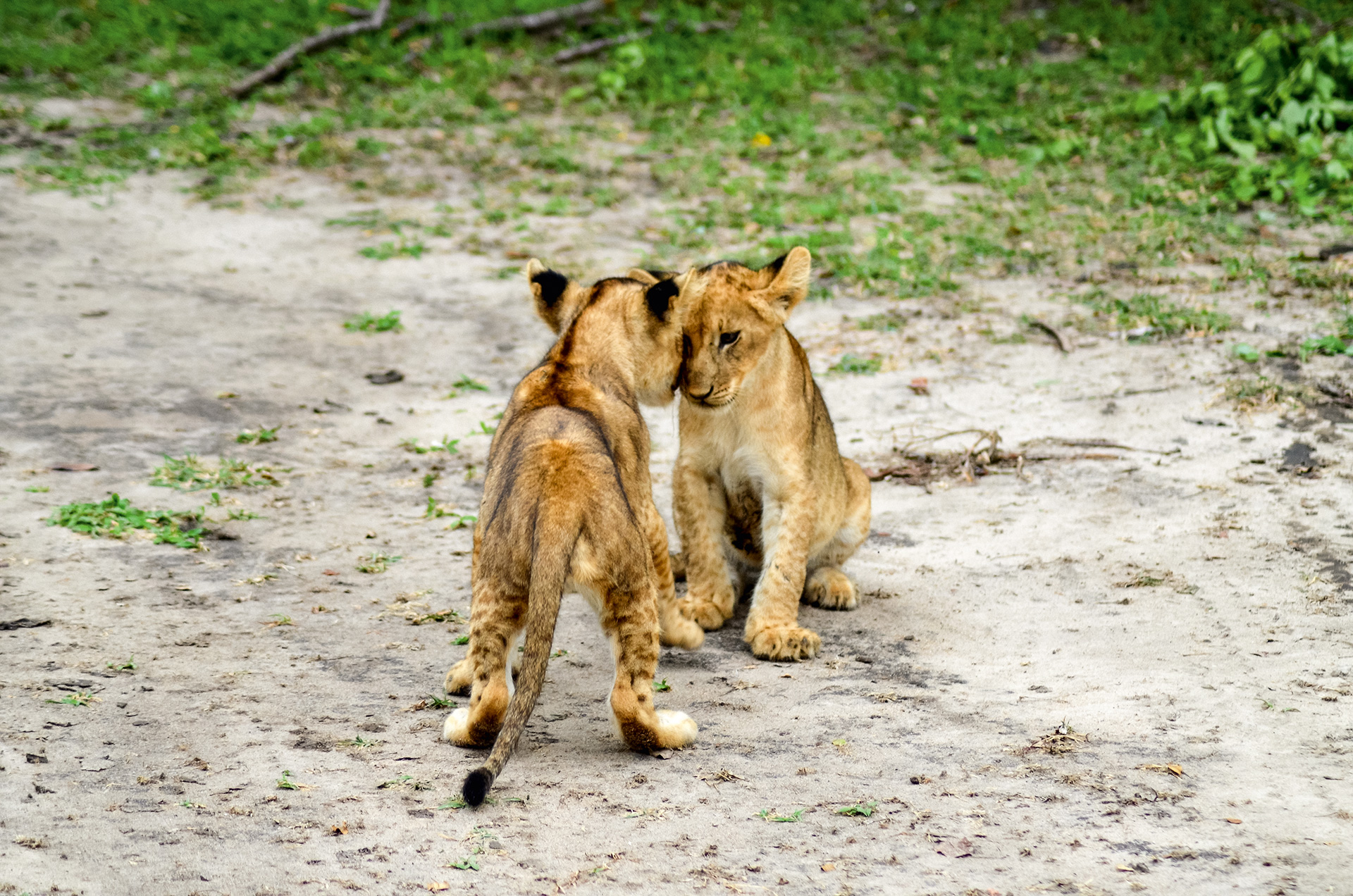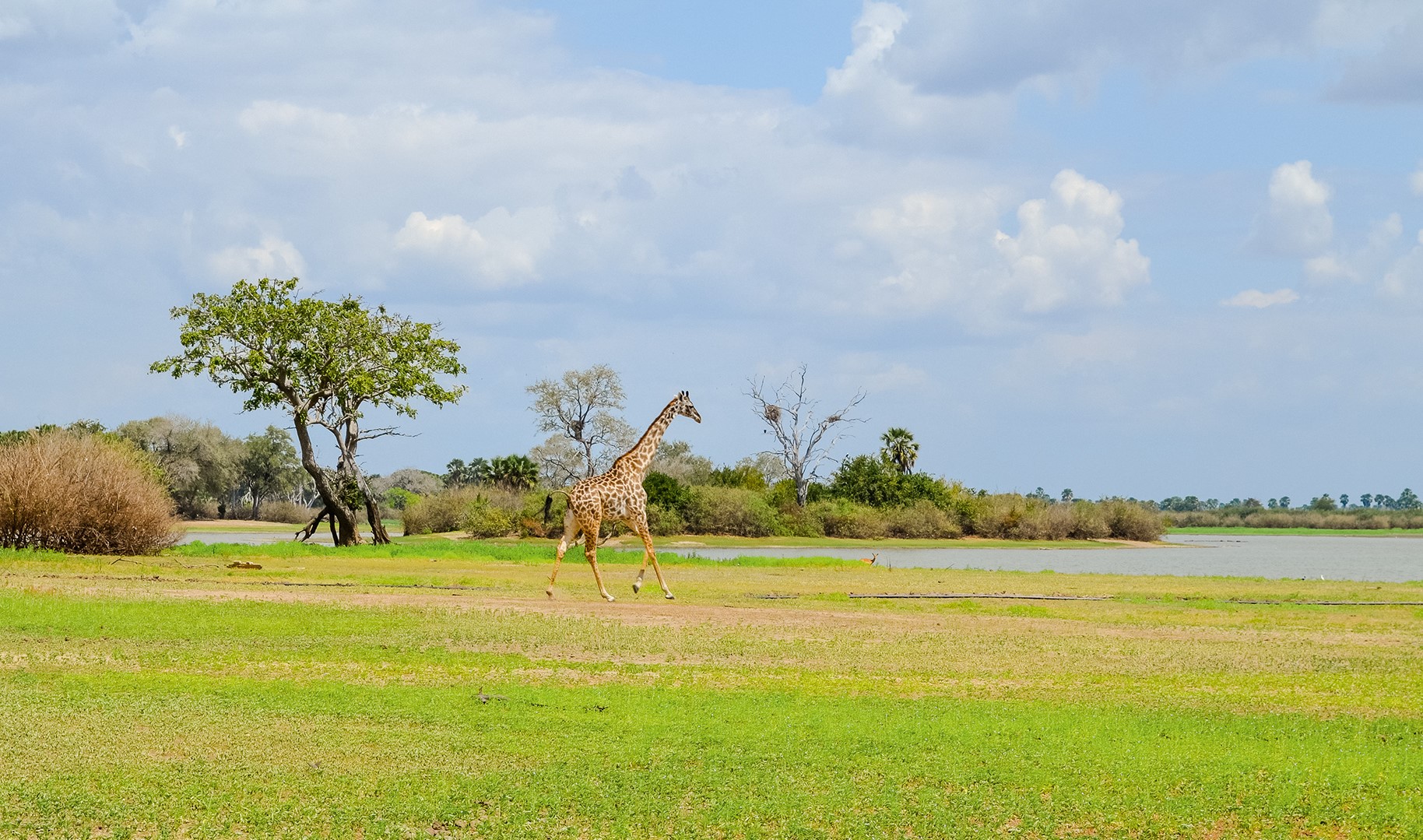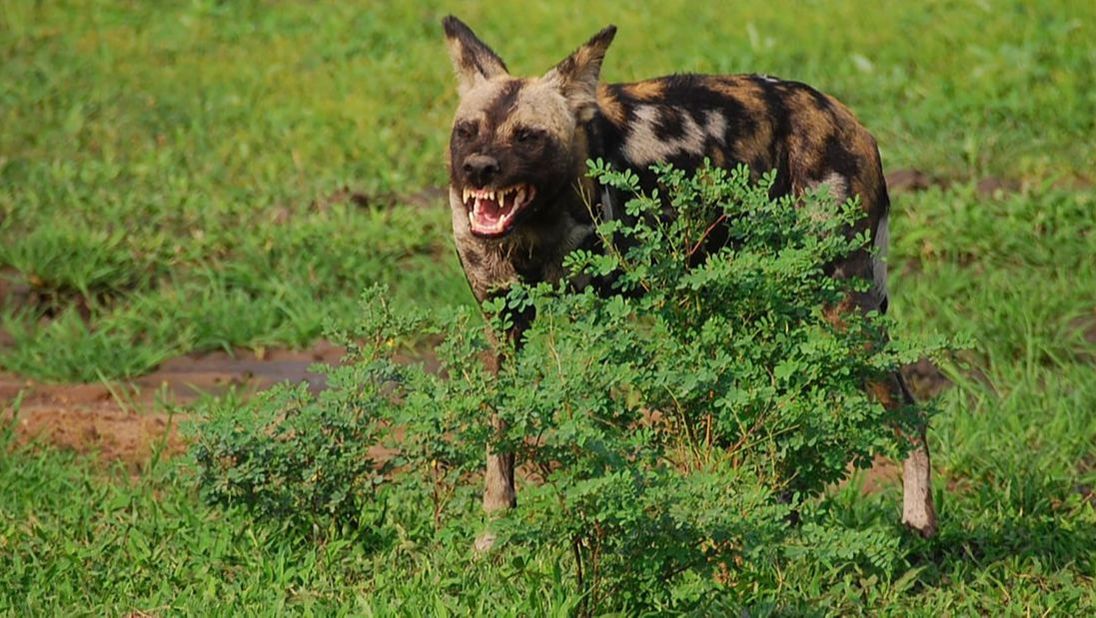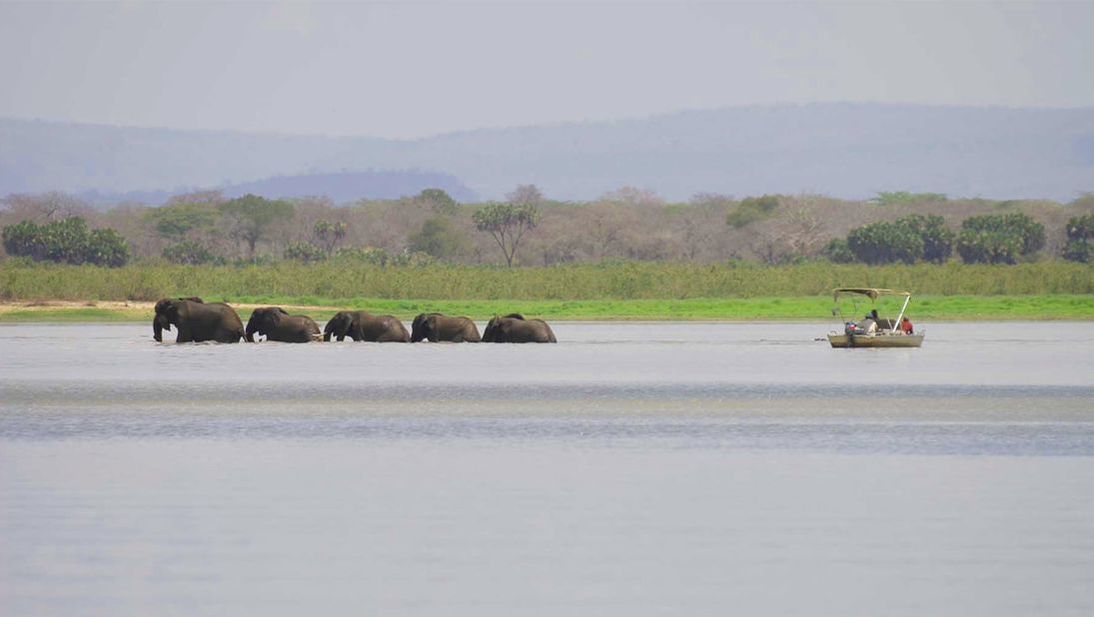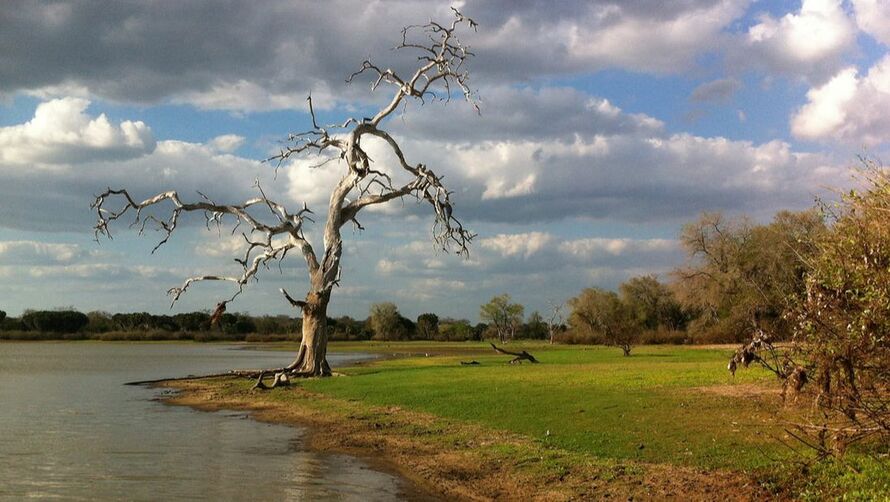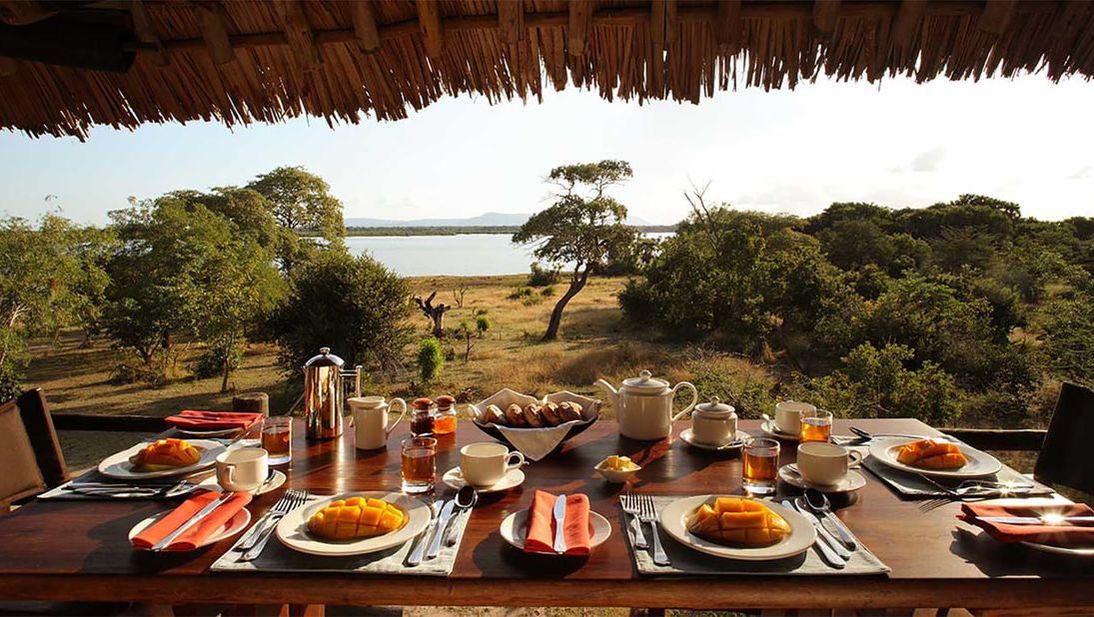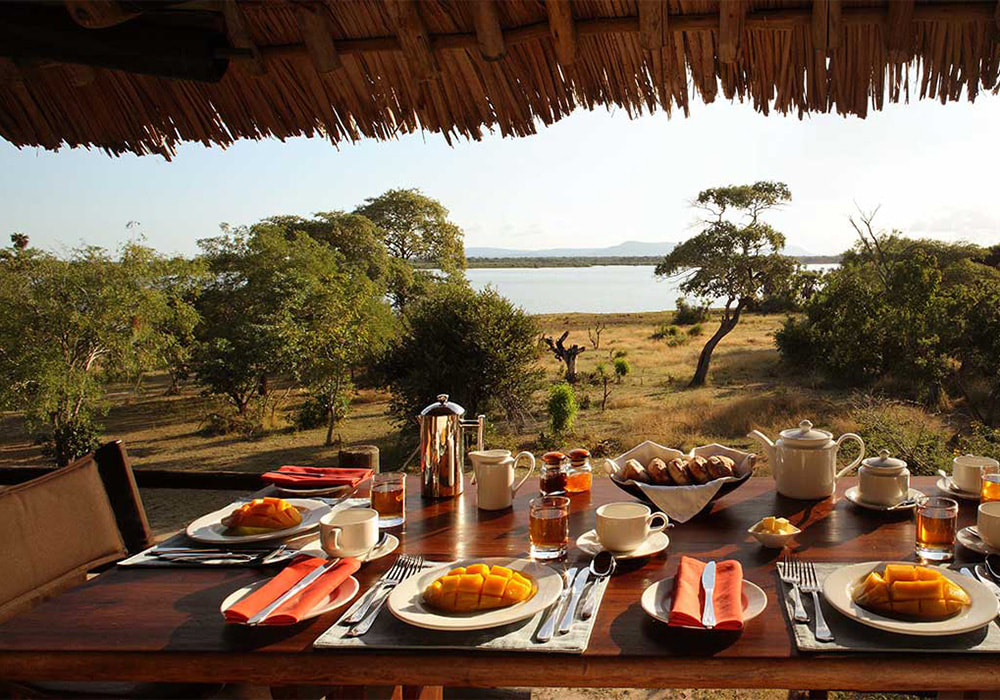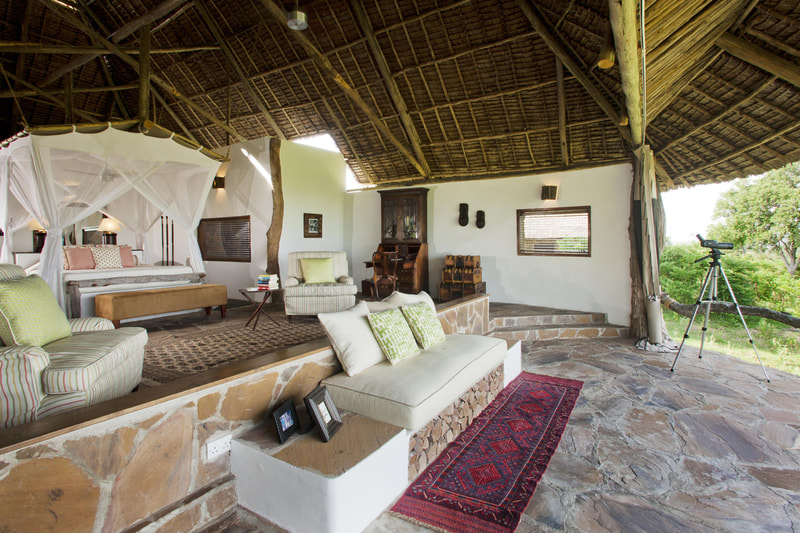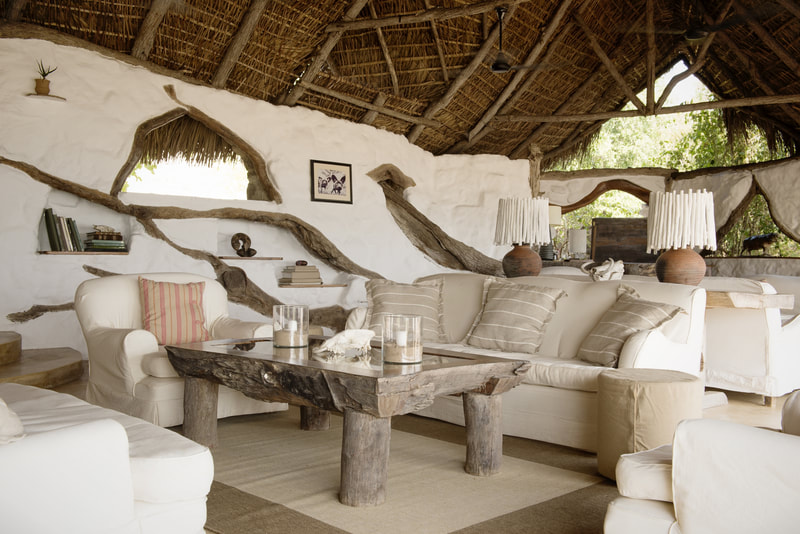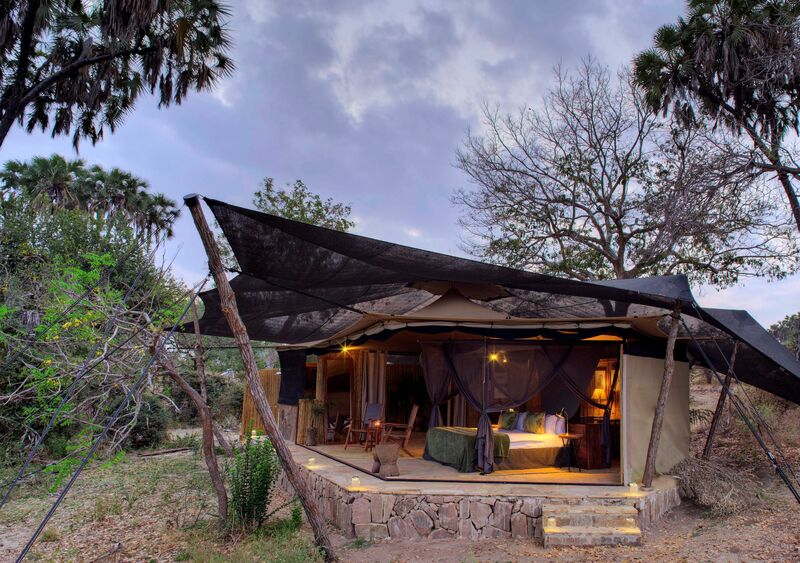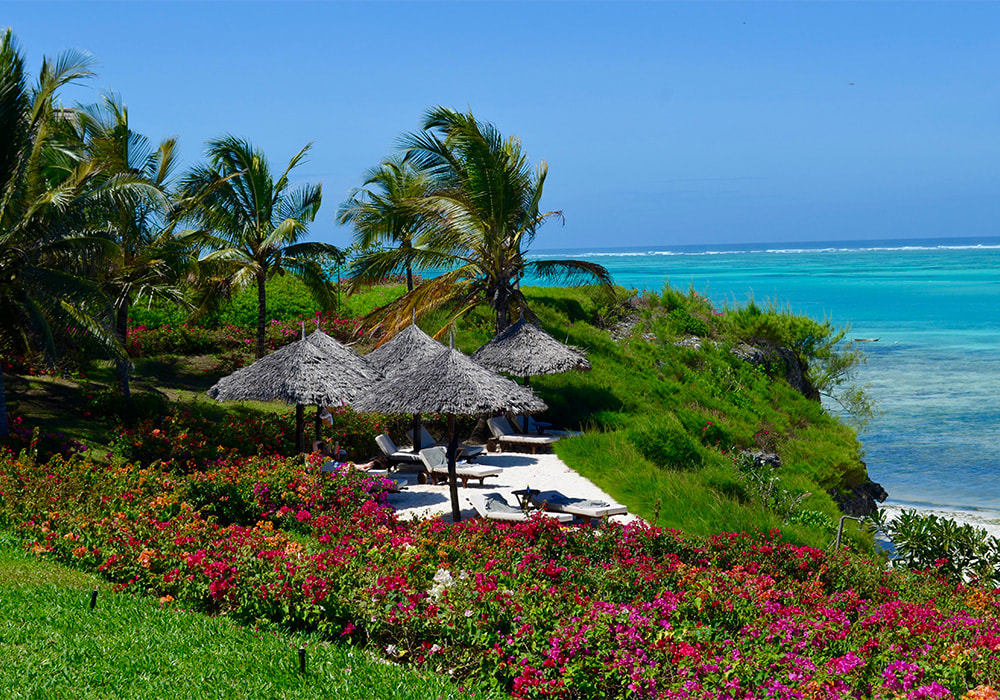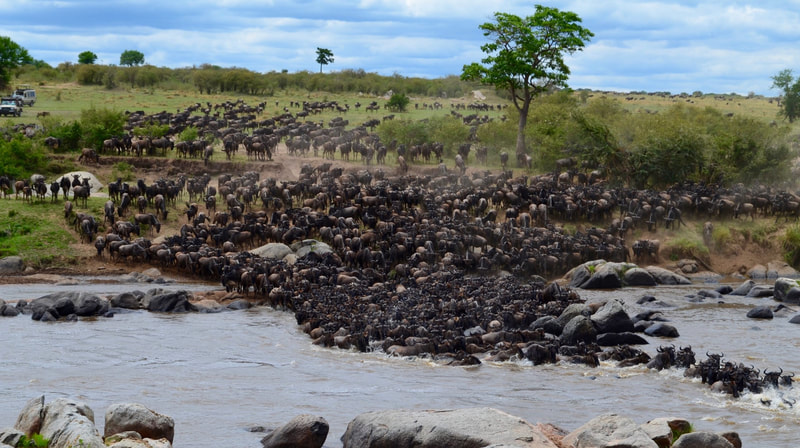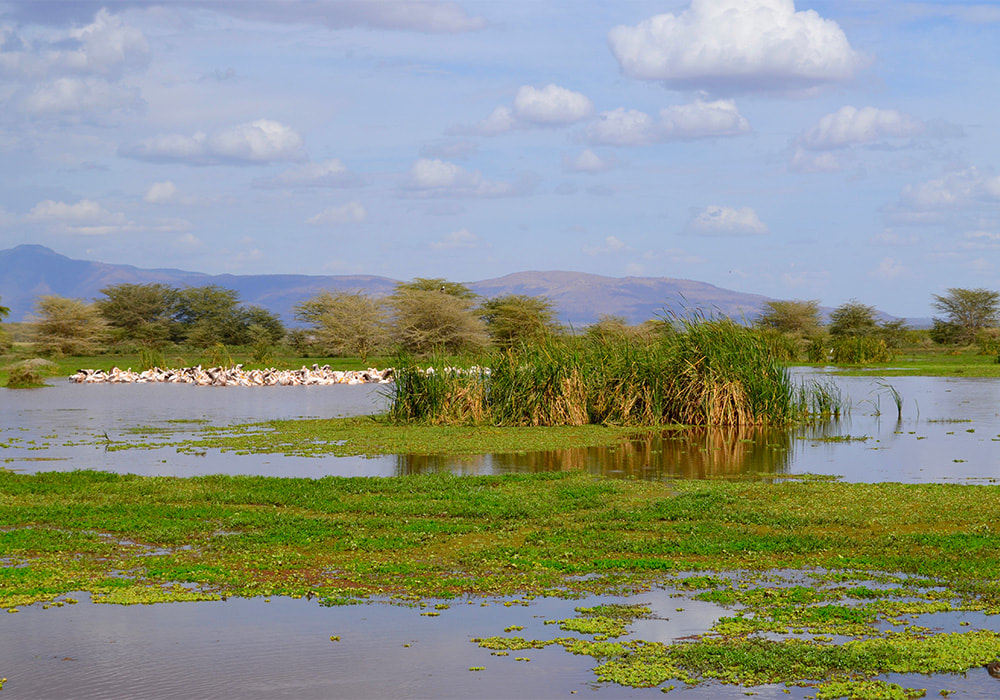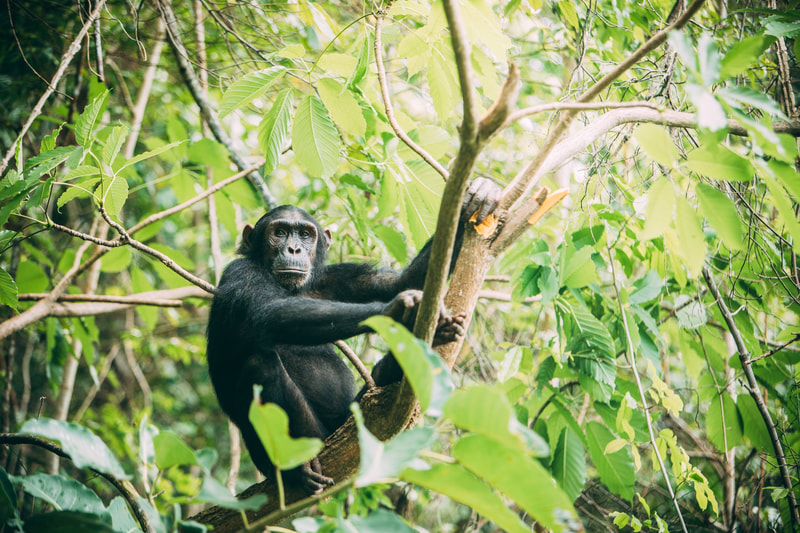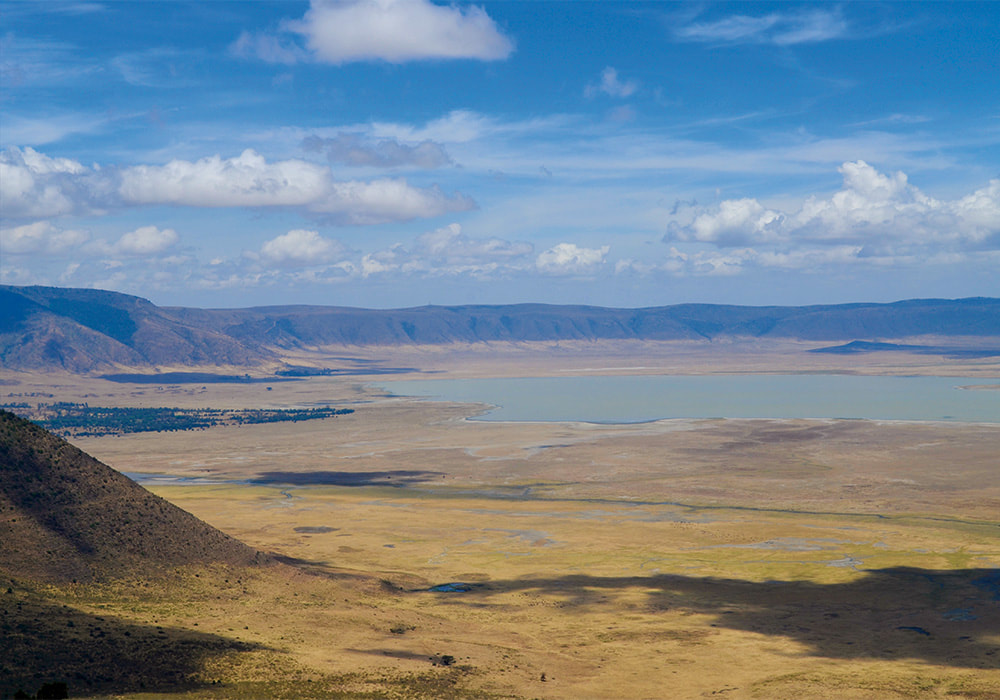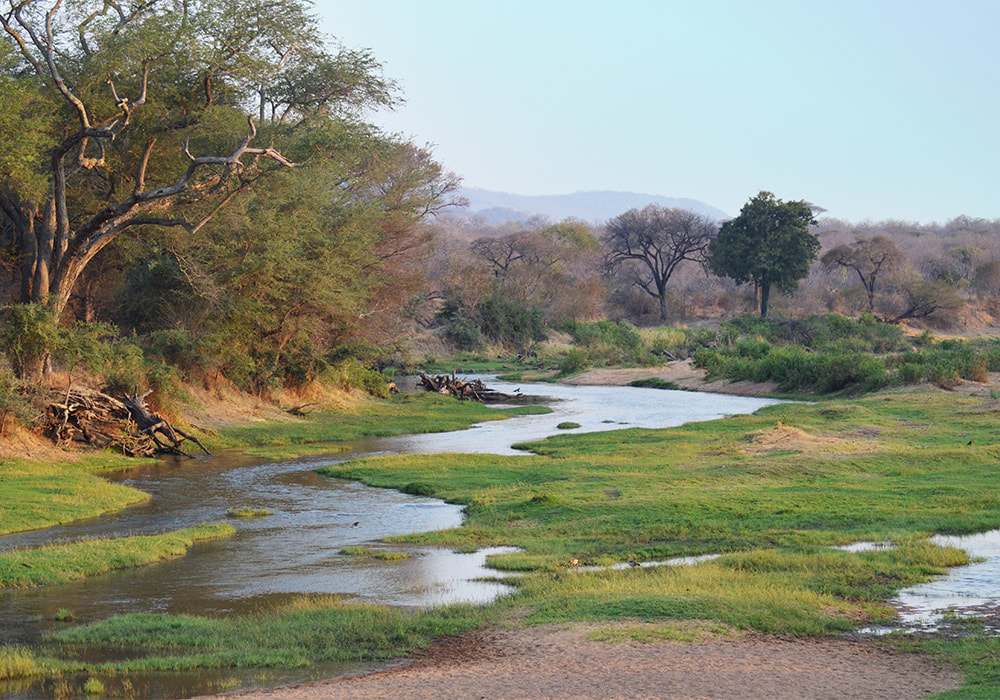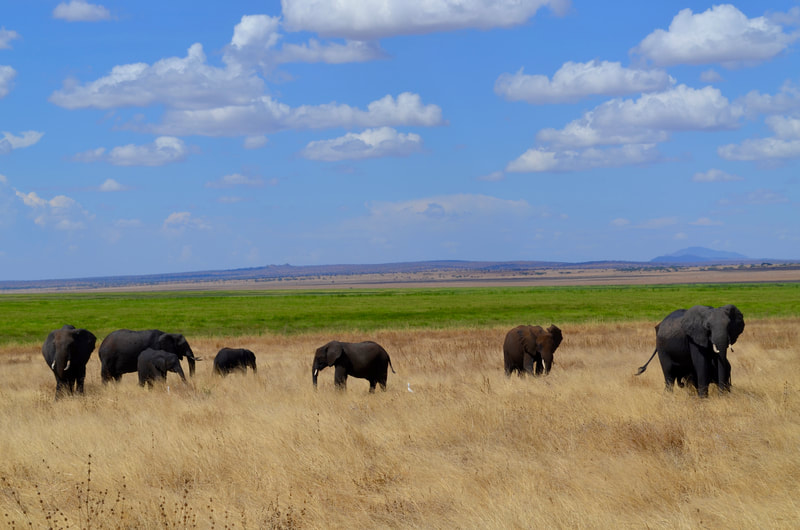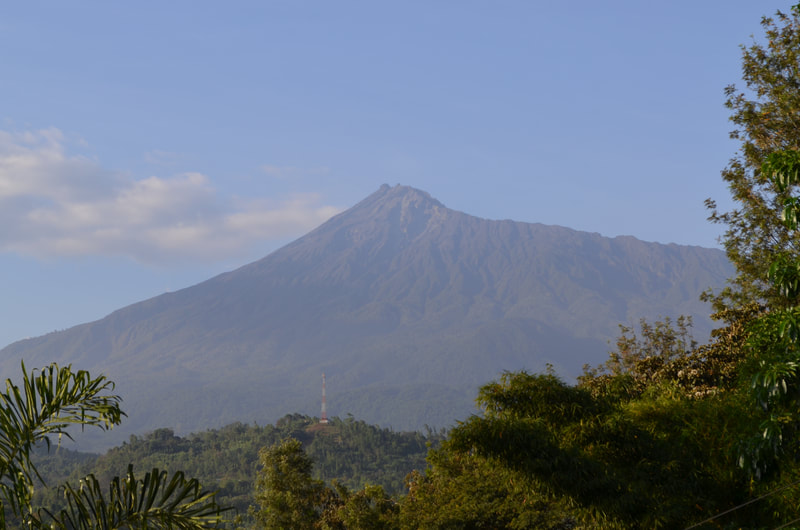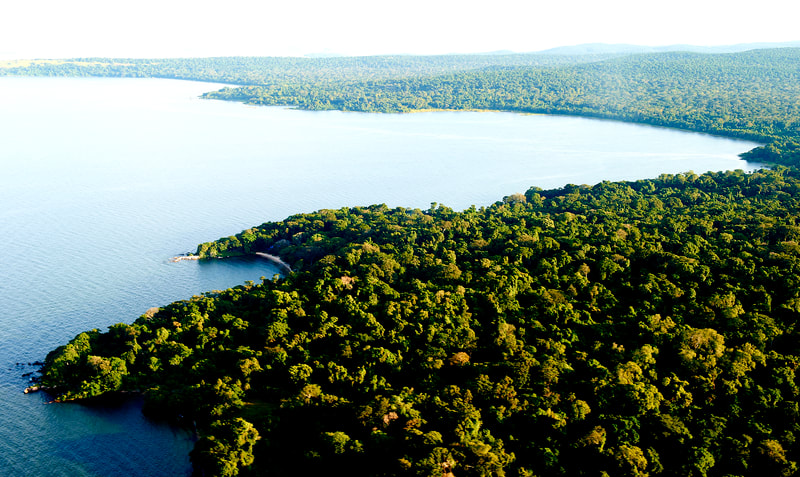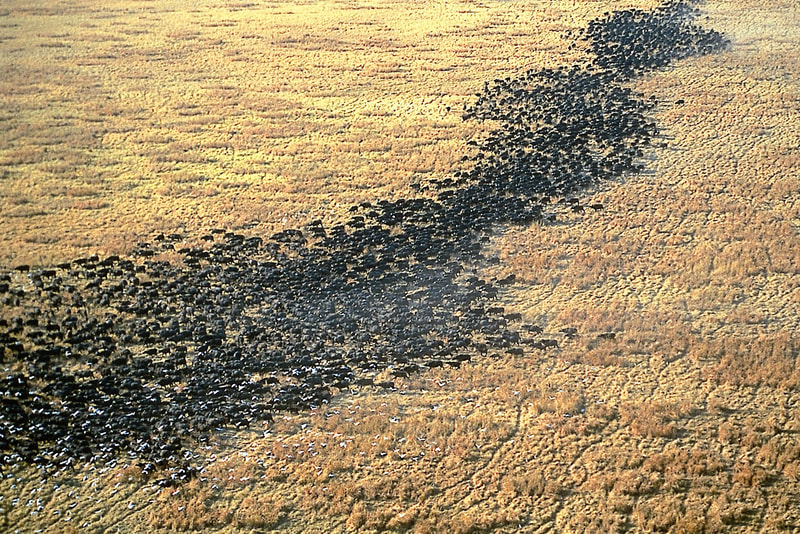Selous Game ReserveSelous is the largest and oldest Game Reserve in Africa, with a total size of around 50,000 square kilometres, and is certainly one of our favourite safari destinations! The south of Tanzania enjoys fewer visitors and provides a vast expanse of unspoiled habitat which is remote and tranquil in comparison to its northern counterpart. Although the south is sometimes perceived as an area for seasoned safari enthusiasts, we feel that it is also ideal for a first safari or honeymoon, as it offers an authentic bush experience. A boat safari on Rufiji river or on one of the numerous lakes, rivers and tributaries offer wonderful viewing of game and the overall diversity of the landscapes and vegetation here is breathtaking! Each drive, walk or boat safari we went on felt genuinely special and every sundowner in the bush, one to be remembered!
This UNESCO World Heritage site is named after Sir Frederick Courtney Selous, a British explorer, officer, hunter and conservationist, who spent nearly 40 years in Selous from 1877 onward and died there in combat during WW1. |
Highlights
|
Wildlife
Despite its vast size, game viewing in Selous is excellent, offering an extremely high density of lions, and being the home to over half of the world population of endangered wild dogs, it will not disappoint. Selous is home to a tremendous diversity of flora and fauna, supporting large numbers of wildebeest, elephants, buffalo, hippos, crocodiles, giraffes, zebras, various species of antelope, leopard and spotted hyena, to name a few. It is also an ideal place for ornithologists with more than 440 known species of birds inhabiting the reserve. It was in this reserve that we discovered the extraordinary elegance and beauty of African trees from Mahogany, Baobab to the Tanzanian Christmas tree.
Unlike National Parks a significant portion of Game Reserves allow private trophy hunting. We do not endorse hunting under any circumstances and therefore are only referring to the observation only sections of the reserve in our descriptions. |
Activities
Game reserves have different rules and regulations from national parks, therefore driving off road as well as certain other activities are unique to Game Reserves. Selous is known for its’ charming boat safaris along some of the magnificent rivers, channels and lakes where you will see plenty of hippos, crocodiles together with many other animals coming down to the water to drink. Game walks are offered by most of the lodges and provide wonderful insight into the finer details of bush life, such as tracking animals, or the relationship between birds and their natural habitat. During the dry season, it is not uncommon to encounter larger game while out on a walking safari with a guide and an armed ranger. Fly camping, or a temporary camp constructed in the bush, is offered by some lodges for adults. It’s definitely for adventurous types but we highly recommend giving it a go if you can handle the basic tents and a rustic dinner around the fire in the evening.
|
Seasons
High season is between July & October and is the best time to visit Selous. This is the dry season and therefore the vegetation is thinner, meaning it is easier to spot game. With limited water supplies available one can expect to see quite a variety of species gathering around bodies of water. Visiting the park between November-February is possible and although game viewing becomes more difficult, and walking safaris aren’t always on offer due to the difficulties of safely navigating the dense bush, the lush vegetation during these months is beautiful. Most lodges close for the rainy season between March & May. It is worth noting that the temperatures can be very high in Selous and only a number of properties offer air-conditioning.
|
Lodges & Camps
There are many wonderful choices of accommodation in Selous ranging in price from about $400 per person per night to $1,500. The lodges vary in terms of comfort, luxury and rustic charm so if you want to know more just get in touch or browse through some of our favourite properties: Siwandu, Beho Beho and Sand River's.
|

